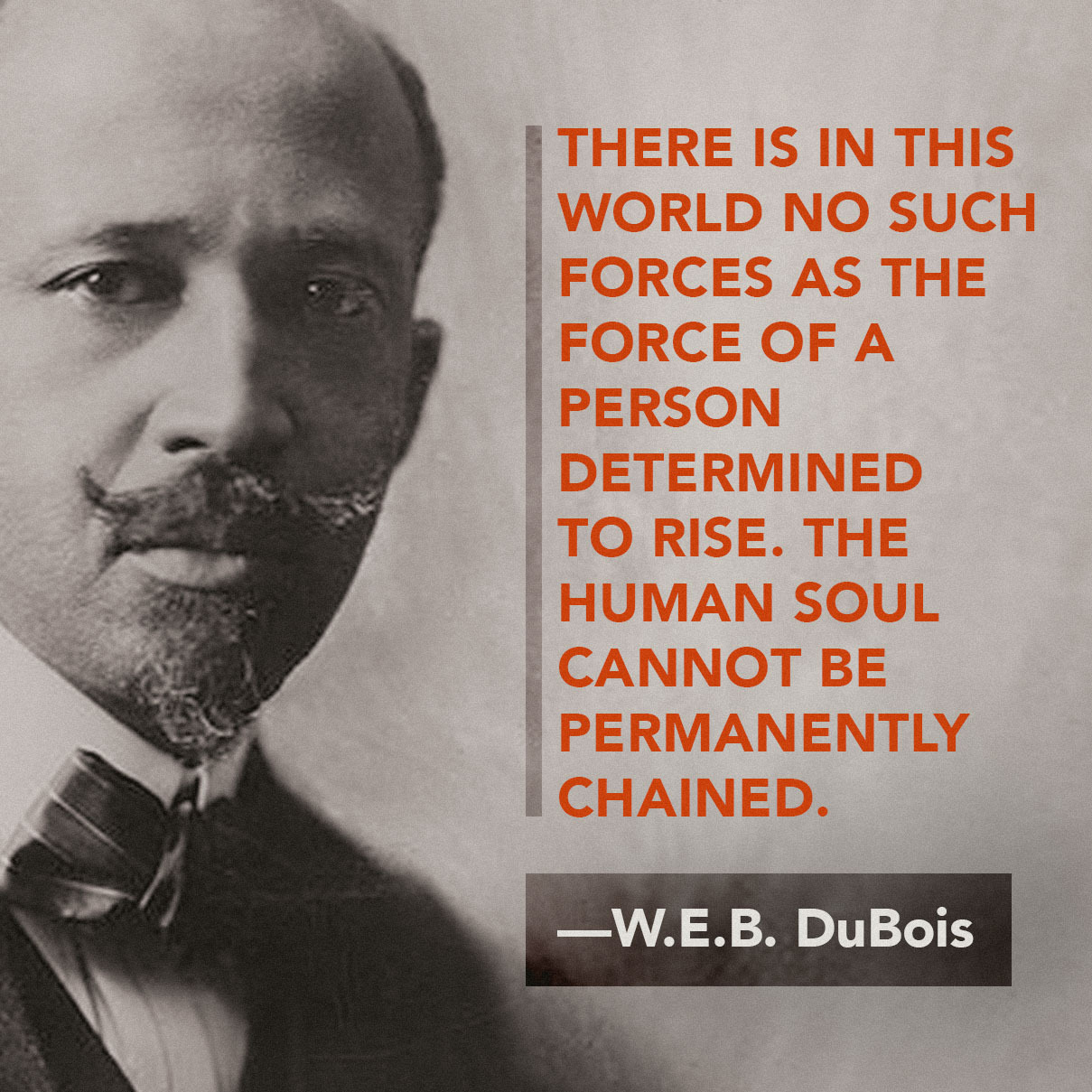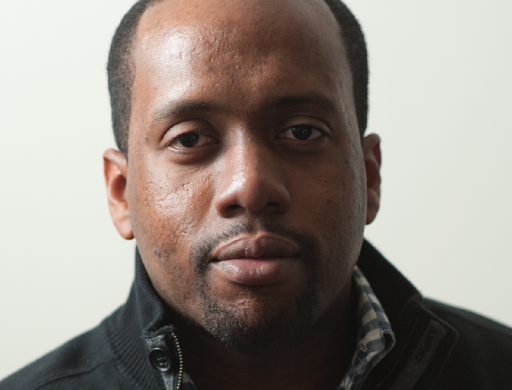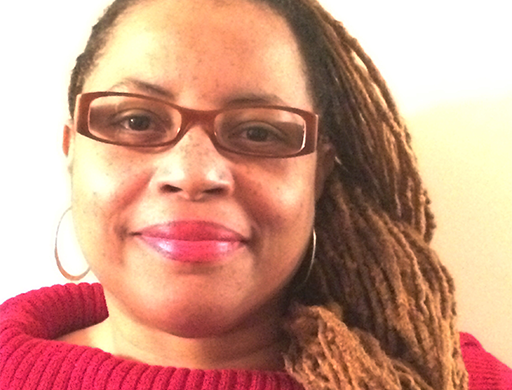Resistance to High Stakes Tests Serves the Cause of Equity in Education: A Reply to “We Oppose Anti-Testing Efforts – The Network For Public Education:
Resistance to High Stakes Tests Serves the Cause of Equity in Education: A Reply to “We Oppose Anti-Testing Efforts
Authored by Jesse Hagopian and the NPE Board of Directors
Today several important civil rights organizations released a statement that is critical of the decision by many parents and students to opt out of high stakes standardized tests. Though we understand the concerns expressed in this statement, we believe high stakes tests are doing more harm than good to the interests of students of color, and for that reason, we respectfully disagree.
The United States is currently experiencing the largest uprising against high-stakes standardized testing in the nation’s history. Never before have more parents, students, and educators participated in acts of defiance against these tests than they are today. In New York State some 200,000 families have decided to opt their children out of the state test. The largest walkout against standardized tests in U.S. history occurred
in Colorado earlier this school year when thousands refused to take the end of course exams. In cities from Seattle, to Chicago, to Toledo, to New York City, teachers have organized boycotts of the exam and have refused to administer particularly flawed and punitive exams.
Secretary of Education Arne Duncan attempted to dismiss this uprising by saying that opposition to the Common Core tests has come from “white suburban moms who — all of a sudden — their child isn’t as brilliant as they thought they were, and their school isn’t quite as good as they thought they were.” Secretary Duncan’s comment is offensive for many reasons. To begin, suburban white moms have a right not to have their child over tested and the curriculum narrowed to what’s on the test without being ridiculed. But the truth is his comment serves to hide the fact that increasing numbers of people from communities of color are leading this movement around the nation, including:
- Members of the Baltimore Algebra Project organized a die-in of recent Black graduates whotook over a Baltimore school board meeting in protest of the school closures that had been facilitated in part by labeling them failing with test scores. Heritage High School graduate Antwain Jordan said of the plan to close his alma mater, “The education system, there is no value on black life in this country. That’s nothing new, it’s not a secret. It’s the status quo, which is why these things are allowed to happen.”
- During the first week in March, several New Mexico schools with Latino/a student populations of over 90% organized mass walkouts against the Common Core PARCC tests in Albuquerque and across New Mexico, with the message, “We are not a test score.”
- On Feb. 17th the Newark Student Union, an organization led primarily by students of color,occupied the Newark school district headquarters in part because of their opposition to the implementation of the new Common Core tests.
- On April 7th Gerald Hankerson, the President of the Seattle/King County NAACP chapter launched a press conference against the new Common Core, Smarter Balanced Assessment Consortium (SBAC), tests, by saying, “…the Opt Out movement is a vital component of the Black Lives Matter movement and other struggles for social justice in our region. Using standardized tests to label Black people and immigrants ‘lesser,’ while systematically under-funding their schools, has a long and ugly history in this country.”
You would expect the multi-billion dollar testing industry not to celebrate this resistance. Conglomerates such as Pearson, the over 9 billion dollar per year corporation that produces the PARCC test, could stand to lose market share and profits if the protests continue to intensify. But it is unfortunate that more civil rights groups have not come to the aid of communities resisting the test-and-punish model of education. In a recent statement issued by the national leadership of some of the nation’s most prominent civil rights organizations, they wrote:
Data obtained through some standardized tests are particularly important to the civil rights community because they are the only available, consistent, and objective source of data about disparities in educational outcomes even while vigilance is always required to ensure tests are not misused.
We agree that it is vital to understand the disparities that exist in education and to detail the opportunity gap that exists between students of color and white students, between lower income students and students from more affluent families. There is a long and troubling history of schools serving children of color not receiving equitable access to resources and not providing these students with culturally competent empowering curriculum. Moreover, the schools are more segregated today than they were in the 1960s—a fact that must be particular troubling to the NAACP that fought and won the Brown vs Board of Education desegregation decision. For these reasons, we understand why national civil rights organizations are committed to exposing the neglect of students of color.
Yet we know that high-stakes standardized tests, rather than reducing the opportunity gap, have been used to rank, sort, label, and punish students of color. This fact has been amply demonstrated through the experience of the past thirteen years of NCLB’s mandate of national testing in grades 3-8 and once in high school. The outcomes of the NCLB policy shows that test score achievement gaps between African American and white students have only increased, not decreased. If the point of the testing is to highlight inequality and fix it, so far it has only increased inequality. Further, the focus on test score data has allowed policy makers to rationalize the demonization of schools and educators, while simultaneously avoiding the more critically necessary structural changes that need to be made in our education system and the broader society.
We also know that standardized testing is not the only, or the most important, method to know that students of color are being underserved; student graduation rates, college attendants rates, studies showing that wealthier and predominantly white schools receiving a disproportionate amount of funding are all important measures of the opportunity gap that don’t require the use of high-stakes standardized tests.
The civil rights organizations go on to write in their recent statement on assessment,
That’s why we’re troubled by the rhetoric that some opponents of testing have appropriated from our movement. The anti-testing effort has called assessments anti-Black and compared them to the discriminatory tests used to suppress African-American voters during Jim Crow segregation. They’ve raised the specter of White supremacists who employed biased tests to ‘prove’ that people of color were inferior to Whites.
There are some legitimate concerns about testing in schools that must be addressed. But instead of stimulating worthy discussions about over-testing, cultural bias in tests, and the misuse of test data, these activists would rather claim a false mantle of civil rights activism.
To begin, we agree with these civil rights organizations when they write that over-testing, cultural bias in tests, and misuse of test data are “legitimate concerns about testing in schools that must be addressed”—and in fact we hope to hear more from these civil rights organizations about these very real and destructive aspects of high-stakes standardized testing. Moreover, we believe that when these civil rights organizations fully confront just how pervasive over-testing, cultural bias and misuse of data is in the public education system, these facts alone will be enough to convince them join the mass civil rights opt out uprising that is happening around the nation. Let us take each one of these points in turn.
The American Federation of Teachers (AFT, the second largest teacher’s union in the nation) conducted a
2013 study based on a analysis of two mid-size urban school districts that found the time students spent taking tests claimed up to 50 hours per year. In addition, the study found that students spent from between 60 to more than 110 hours per year directly engaged in test preparation activities. The immense amount of time devoted to testing has resulted in students in a constant state of preparation for the next high-stakes exam rather than learning the many skills that aren’t measured by standardized tests such as critical thinking, collaboration, civic courage, creativity, empathy, and leadership. The new Common Core tests are only in math and language arts and thus have served to skew the curriculum away from the arts, physical education, civics, social studies, science, music, and a myriad of other subjects that students of color are too often denied access to.











